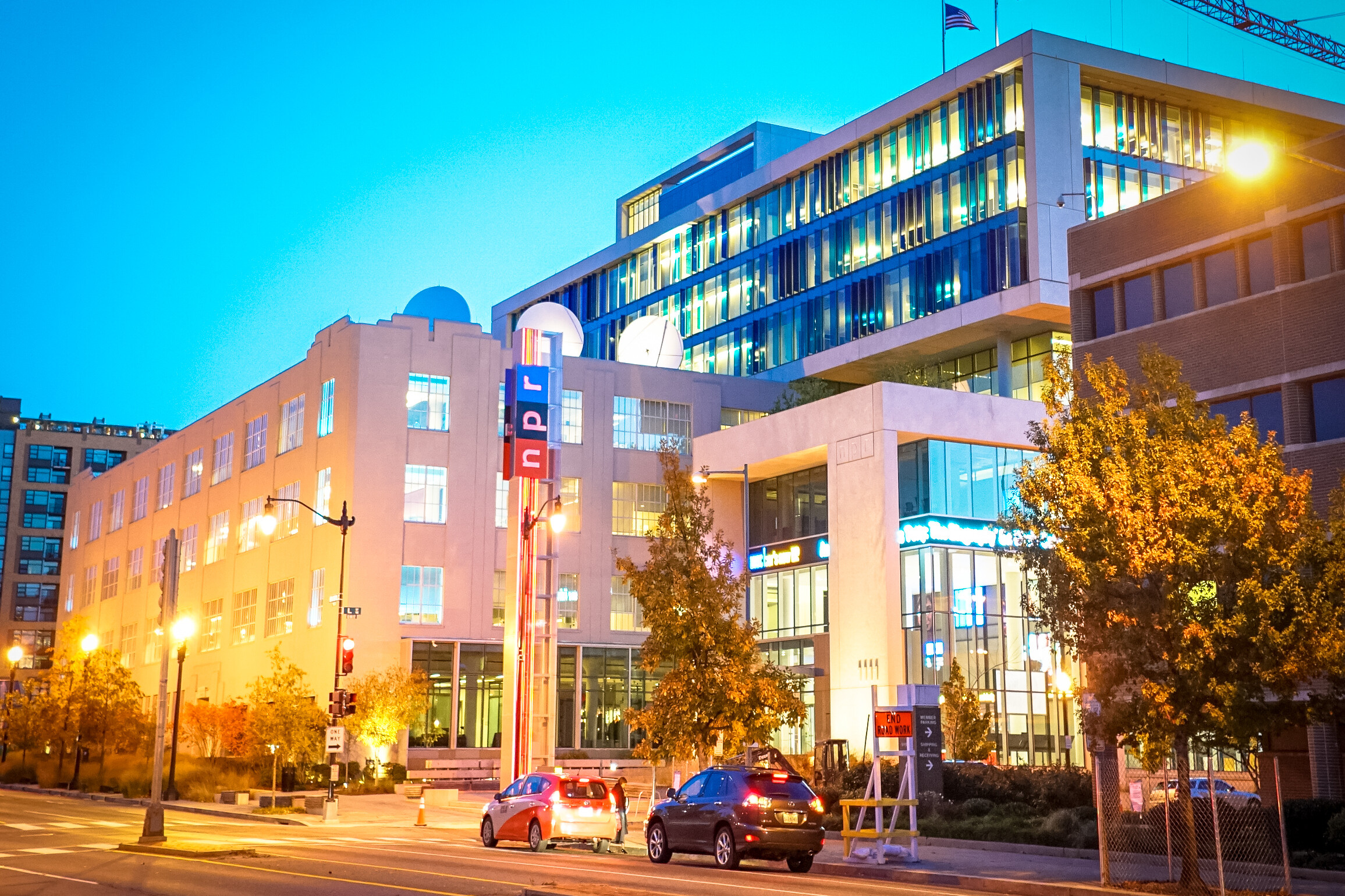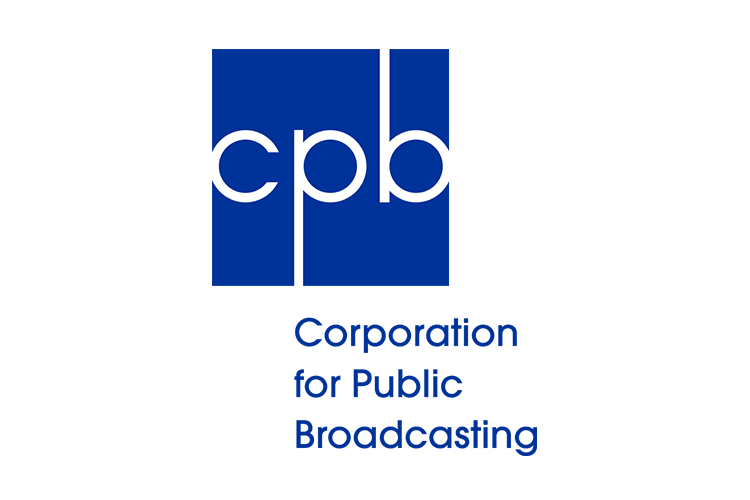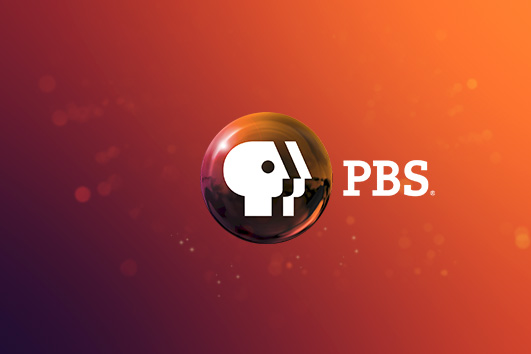“PBS has connected with hundreds of millions of Americans through the stories that matter to our lives.” – Ira Rubenstein, Chief Digital & Marketing Officer, PBS.
For half a century, PBS has contributed to and shaped American society, proving that public service broadcasting is not only valuable but central to our lives.
Ranked #1 in terms of public trust for 16 consecutive years, the public broadcaster engages audiences across the USA via 350 member stations and is hailed as America’s “largest classroom”, upholding a mandate to “educate, inform and inspire”.
Founded in 1969 and drawing in 1.9 million households, the broadcaster currently manages to reach more than 120 million people through television and 26 million people online, providing them with access to information about history, science, geography, politics and public affairs, as well as the life enriching fields of art and performance.
Numerous awards and nominations emphasize PBS’ reputation with the public as well as with industry peers. Just this past year PBS has received 47 News and Documentary Emmy Award Nominations, 5 Primetime Emmy Award Nominations, 16 Peabody Award Nominations and 10 Wins and 9 Webby Nominations and 1 Award to name a few. In 2013, PBS won more 2013 Webby Awards than any other media company globally.
In order to maintain such a standard of excellence in a changing market, the public broadcaster has needed to update its funding models and overcome a number of challenges.
In the past, PBS has been funded by the Corporation for Public Broadcasting [CPB], member station dues, pledge drives and by private foundations and individuals. According to Joshua Benton, director of the Nieman Journalism Lab, In March of this year, President Trump delivered a federal budget, which for the third year in a row, proposed “eliminating all federal funding for public broadcasting, zeroing out the Corporation for Public Broadcasting, the entity which then distributes those funds to support public radio and television stations.”
Read more: Focus on PSM | USA
In this article by the Nieman Lab, Benton emphasized that even though the president was not successful in his bid to cut funding, framing public media as a “partisan issue” changes the way it is perceived.
Benton explained further, “So every time Trump slices CPB out of a budget, he raises the political salience of public broadcasting as an issue. It encourages people to think of PBS and NPR as “Republicans” and “Democrats,” not “single mom who likes letting her kid watch PBS Kids,” or “parent who likes PBS education programming.”
PBS is known for its programming, with high standards of journalism and flagship investigative programmes such as Frontline which holds the powerful to account. The programme, which has run for more than 600 episodes, has won hundreds of awards since its inception in 1983. Other programmes broadcast by PBS include PBS News Hour, Downton Abbey, Barney & Friends, Teletubbies, Antiques Roadshow and another PBS flagship programme Sesame Street.
PBS is especially well known for its focus on producing content for children. PBS Kids was launched in 1994 as a platform to both educate and entertain children. The public broadcaster emphasized the importance of their work in a press release celebrating their 50th anniversary saying:
“Teachers of children from pre-K through 12th grade turn to PBS for digital content and services that help bring classroom lessons to life. Decades of research confirms that PBS’s premier children’s media service, PBS KIDS, helps children build critical literacy, math and social-emotional skills, enabling them to find success in school and life.”
Sesame Street
Sesame Street, also celebrating its 50th year, is closely intertwined with PBS as it first aired just one week after the public broadcaster was launched. The Sesame Street lore tells of a question asked by Joan Ganz Cooney that kicked off the vision: “Can we use television to teach something important?”
At the height of the civil rights movement, the creation of Lloyd Morrisett and Cooney soon became a hit as it filled a need to make education programming which “reflected the lives of its audience…from their unspoken anxieties to the colour of their skin.”
Guardian writer Noel Murray observes:
“Sesame Street’s human characters were multi-ethnic and looked and talked like ordinary people, performing normal jobs. From its early years to now, the show has taken its cues from one of its most memorable songs: Who Are the People in Your Neighbourhood? It’s moved beyond math and reading to teach kids about, well, life. Simple human dignity, what people do all day and why. These are useful things for anyone to understand, at any age.”
Executive producer Ben Lehmann explains that research is the key, saying that every year, “We look at the research, we bring in development experts and we look at the needs of kids presently. We’re always reinventing ourselves.”
However, even though the award winning program created by the Sesame Workshop has won hundreds of awards and has proven its value, in recent times it has had to find ways of safeguarding its financial stability
The show, which has been heralded as a “public good” and reaches more than 150 countries airing in 50 languages, had to strike a deal with HBO where subscribers can have early access to new episodes on HBO Max before they air on PBS. As the public broadcaster is synonymous with equal access for all, this decision has created some negative feedback.
Media scholar Miles McNutt explained that given the vulnerability of PBS’ funding, this is a “practical reality” He said, “the show depends on merchandising and licensing fees in order to keep operating. And merchandising is not what it was. The HBO deal was necessary in order to keep the show’s mission alive.”
To further celebrate its 50th, the Sesame Workshop is engaging 10 local PBS stations which cater to rural communities across America to expand early childhood programming. The Sesame Street in Communities project is intended to “bring critical early learning to children across the country in communities big and small.”
Other celebratory news includes a star studded cast for the 50th season including appearances by Chrissy Teigen, Charlie Puth, Meghan Trainor, Misty Copeland, Elvis Costello, Dave Grohl as well as the return of beloved cast members. Legendary puppeteers Fran Brill and Caroll Spinney and current cast members Alan Muraoka (Alan), SukiLopez (Nina), and Chris Lawrence Knowings (Chris) also make an appearance.
For 50 years, Sesame Street has helped us learn, laugh and love. Join your favorite friends for a party with an all-new anniversary special. Tune in or stream tonight at 7/6c or check your local listings.
What’s your favorite Sesame Street memory? #Sesame50 pic.twitter.com/yy4r5g4NC0
— PBS (@PBS) November 17, 2019
The Public Media Alliance extends congratulations to PBS on its 50th anniversary. Here’s to 50 more!
Recommended: PBS joins the Public Media Alliance
Header Image: PBS Headquarters, Crystal City. Credit: melanie.phung/Creative Commons
Related Posts
19th March 2019
CPB respond to proposed elimination of federal funding
Corporation for Public Broadcasting CEO…


